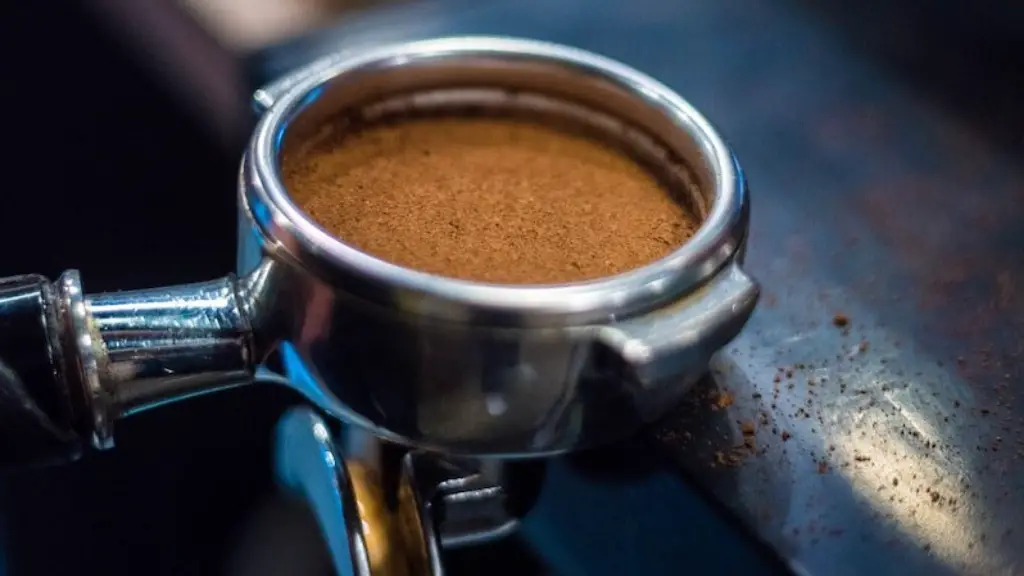While the caffeine hit of coffee can be a great boost for those needing a morning pick-me-up, for some, the time of day for their brew calls for some thought. It’s widely accepted that drinking coffee late at night can make it difficult to sleep. But, is there a perfect time to drink coffee? How does the time of day affect its effects?
At present, there are no official guidelines issued by health authorities over the optimum time to drink coffee. But, it is widely accepted that drinking coffee too late in the day may affect sleep. This is because the chemicals of caffeine take around an hour and a half to leave the body and its stimulating effects may last up to 8 hours.
Dr. Lim Hock, a consultant at Tan Tock Seng Hospital, says that drinking coffee late in the day can affect quality of sleep. “The caffeine in coffee may increase alertness and the amount of time taken to fall asleep,” he explains.
Studies suggest that drinking coffee after 6 pm could reduce total sleeping time and lower the quality of sleep. Furthermore, caffeinated drinks like coffee can affect people differently. For example, an individual who is sensitive to caffeine can be overstimulated by coffee late in the day to the point where they cannot sleep easily.
In addition, other caffeine intake such as tea, energy drinks, and chocolate should be taken into account. Caffeine has been found to act as a diuretic, causing the need to urinate more often, which can disrupt sleep. So, it’s always good to check the labels of foods and drinks for the caffeine content.
Overall, the best time to drink coffee is in the morning, or early afternoon. For those who are sensitive to caffeine, it is best to have the last cup of coffee as early in the day as possible to minimise its effects on sleep.
How Much Coffee Is Safe?
The US Food and Drug Administration (FDA) recommends limiting caffeine intake to 400mg per day, which is equivalent to about 4 or 5 cups of coffee. Above this limit, people may experience insomnia, anxiety, and digestive problems.
In a separate study, it was found that more than AA a day of coffee causes a greater chance of developing high blood pressure, and in some cases, heart disease. Therefore, it is advisable to go easy on the coffee consumption. For a healthier option, try diluting the coffee with some milk or plant-based milk.
There’s also the option of decaf, which can still offer a caffeine hit without the late-night insomnia. Decaf coffee typically contains around 5mg of caffeine per cup, compared to 90 – 160mg in a regular cup. So, if coffee is your beverage of choice, it’s worth considering decaf.
Coffee Benefits & Negatives
It would be wrong to focus only on the negative aspects of drinking coffee – the truth is, there are benefits to drinking coffee for some. Coffee is known for improving alertness and mental performance, and can help people to stay focused. Its antioxidants can help fight free radicals and some studies suggest that coffee can provide protection from some diseases, such as type II diabetes and Parkinson’s.
In addition, coffee can act as an appetite suppressant and can be used as an effective weight loss aid. At the same time, others find that coffee helps reduce stress and improve their moods. The jury is still out on whether the positives of drinking coffee outweigh the negatives, and more experiments need to be conducted in order to fully understand its effects.
Who Should Avoid Coffee Altogether?
There are certain groups of people who should avoid consuming coffee altogether. These include pregnant women, young children, and those with medical conditions such as heart problems, hypertension and diabetes.
This is because coffee affects blood pressure, heart rate and blood sugar levels which can be especially dangerous for those with existing medical conditions. Those who are sensitive to caffeine should be careful drinking coffee, as the side effects are likely to be greater than those who are not sensitive.
People who take other medications or drugs should be aware of the interactions of caffeine, since some medicines are processed in the body by the same pathways responsible for breaking down caffeine. This means caffeine can interfere with the absorption of the drug and vice versa.
What About Coffee Alternatives?
Coffee can be substituted with a wide range of alternative beverages that still offer a caffeine boost. Substitutes such as chai tea, matcha tea, white tea, and green tea can provide a caffeine hit with less side effects than coffee and are just as beneficial health-wise. They are also available in many delicious flavours.
Herbal teas, such as hibiscus, ginger and turmeric tea, have no caffeine and can be a great coffee alternative. These can also provide several health benefits, such as reducing inflammation and providing relief for digestive problems. Furthermore, chicory root and dandelion coffee are caffeine-free and contain antioxidants and anti-inflammatory properties.
Conclusion
Coffee offers people a great morning pick-me-up, but it is important to drink coffee in moderation, no more than five cups per day, and to avoid consumption late at night as it can cause sleep disruptions. There are also coffee substitutes available, some with no caffeine and some with less, but with the same amount of health benefits.
Overall, coffee can be enjoyed in the morning or early afternoon, when the body can best absorb its stimulating effects and reap the most health benefits. It is important to remember that coffee affects everyone differently, so it’s always best to know your limits and listen to your body’s cues.




